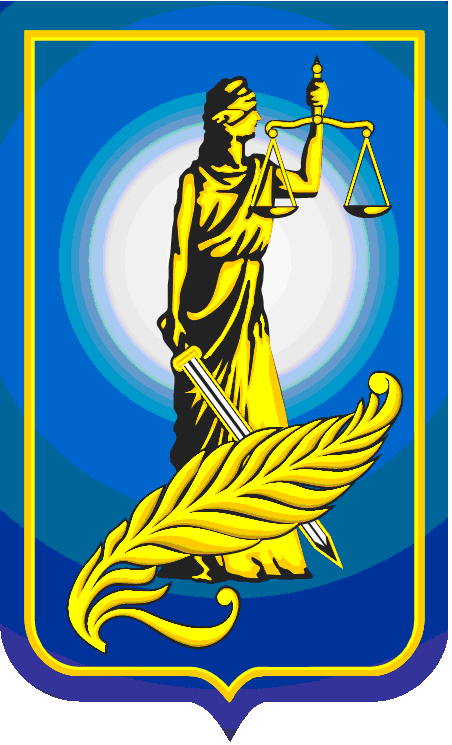On 8 March 1862, US Captain Nathaniel Gordon was executed by hanging in the United States. He was found guilty of the slave trade under a bill signed in 1807 by Thomas Jefferson. The document prohibited human trafficking and the importation of new slaves into the United States. Gordon was the first and only person to be hanged for violating this law… The charge stated that despite the ban on the importation of slaves into the country Gordon continued to recruit them in Africa and sell them in America. The day before his death, Gordon tried to poison himself but without success. Those who protested against his execution argued that it was impossible to execute a person for what everyone else had been doing for 40 years. President Lincoln did not heed the arguments of the collective mind and upheld the verdict without charges. This was not an accidental decision: the American Civil War (1861–1862) changed Lincoln’s attitude to slavery. He came to believe that the United States would either become completely free or completely slave-owning. It was becoming clear that the main goal of the war, the restoration of the Union, was becoming unattainable without the abolition of slavery. Preparations for the abolition of the institution of slavery were made throughout 1862. One of its events was the execution of the slave trader Gordon, which became, in fact, indicative and significant in the policy of the abolition of slavery in the United States. On 30 December 1862, the president signed the Emancipation Proclamation, which changed the nature of the Civil War, turning it into a war for the abolition of slavery.
http://www.calend.ru/event/5952/ © Calend.ru
President of the Union of Criminalists and Criminologists
Igor M. Matskevich
Translated by Elizaveta O. Ovchinnikova
































